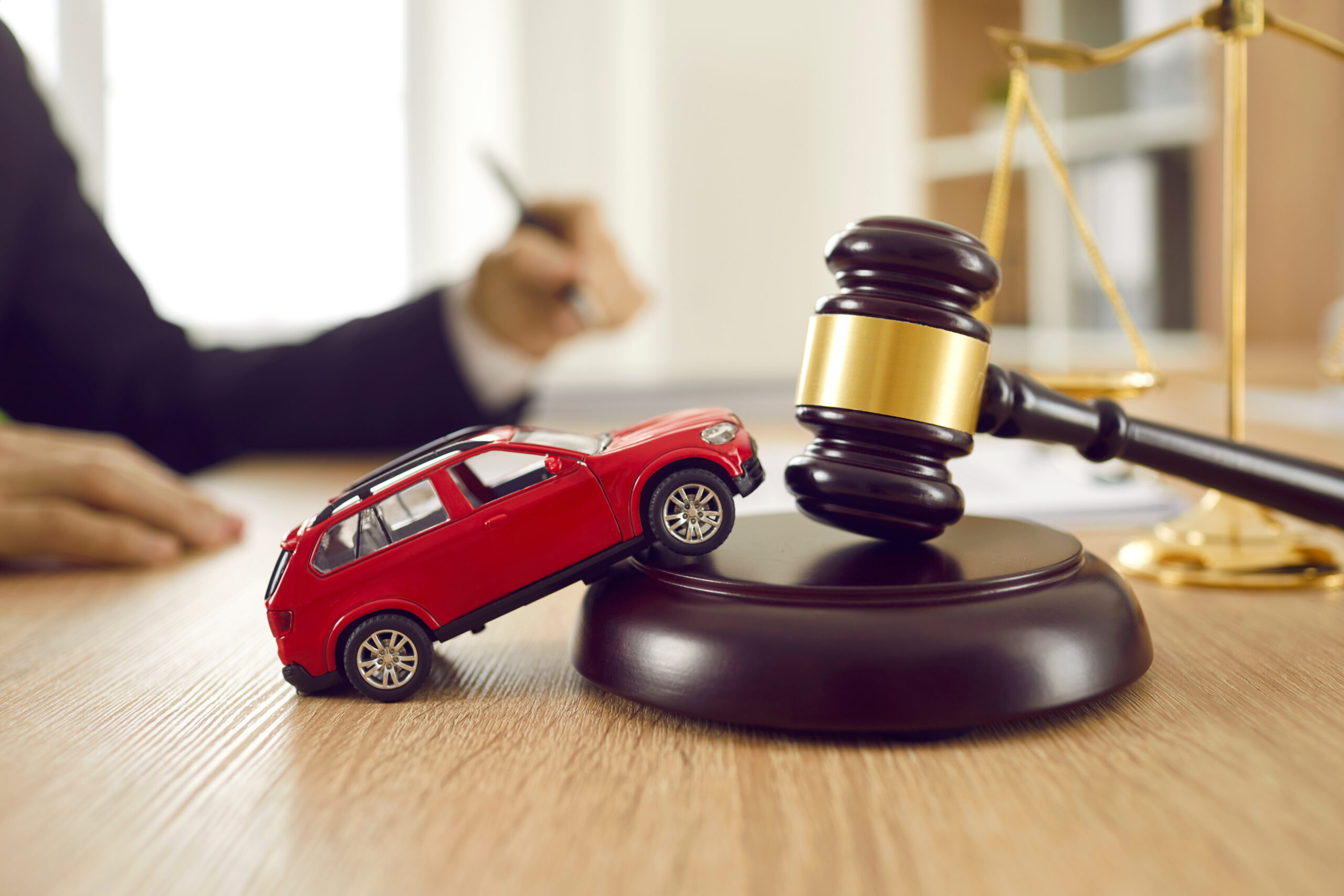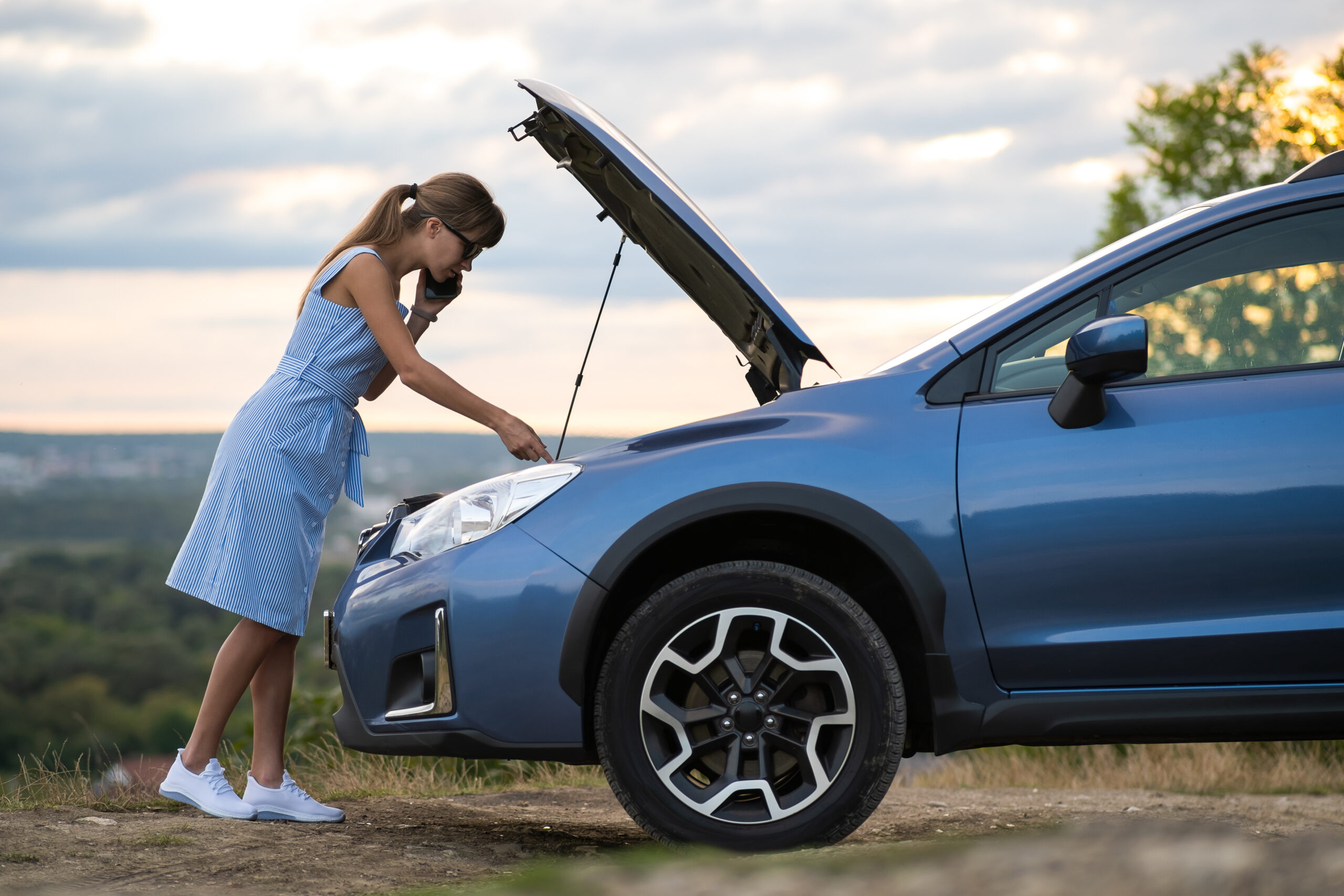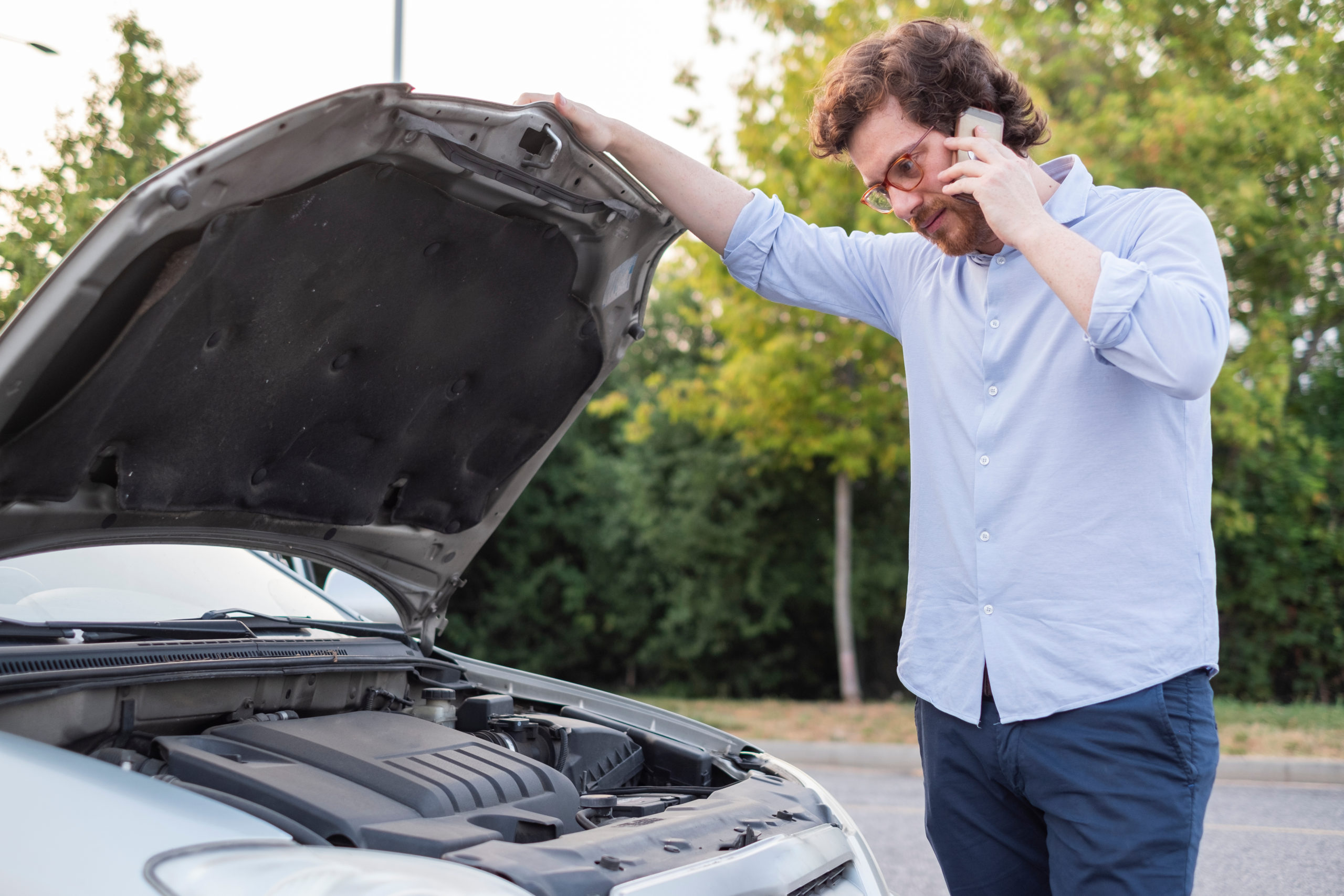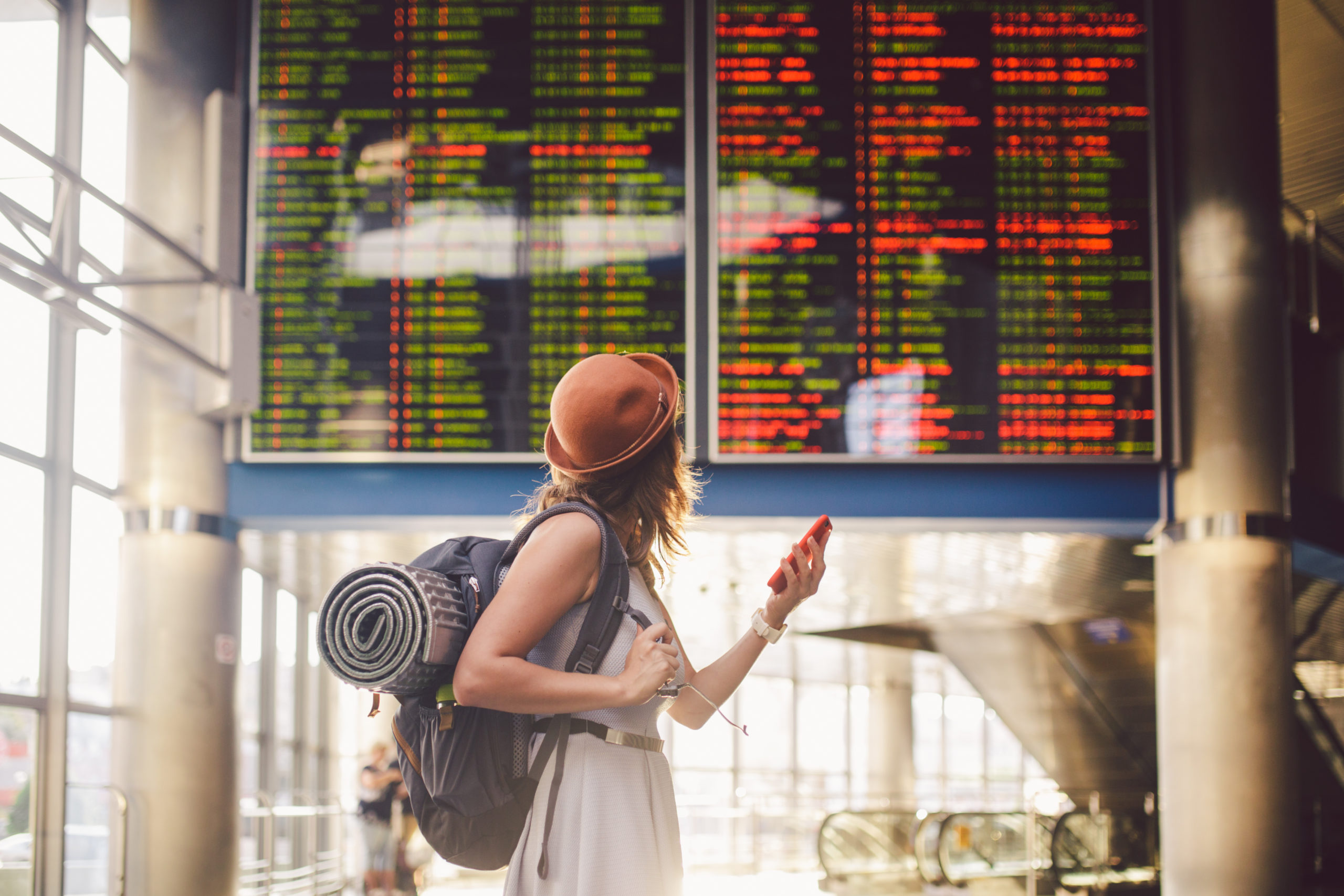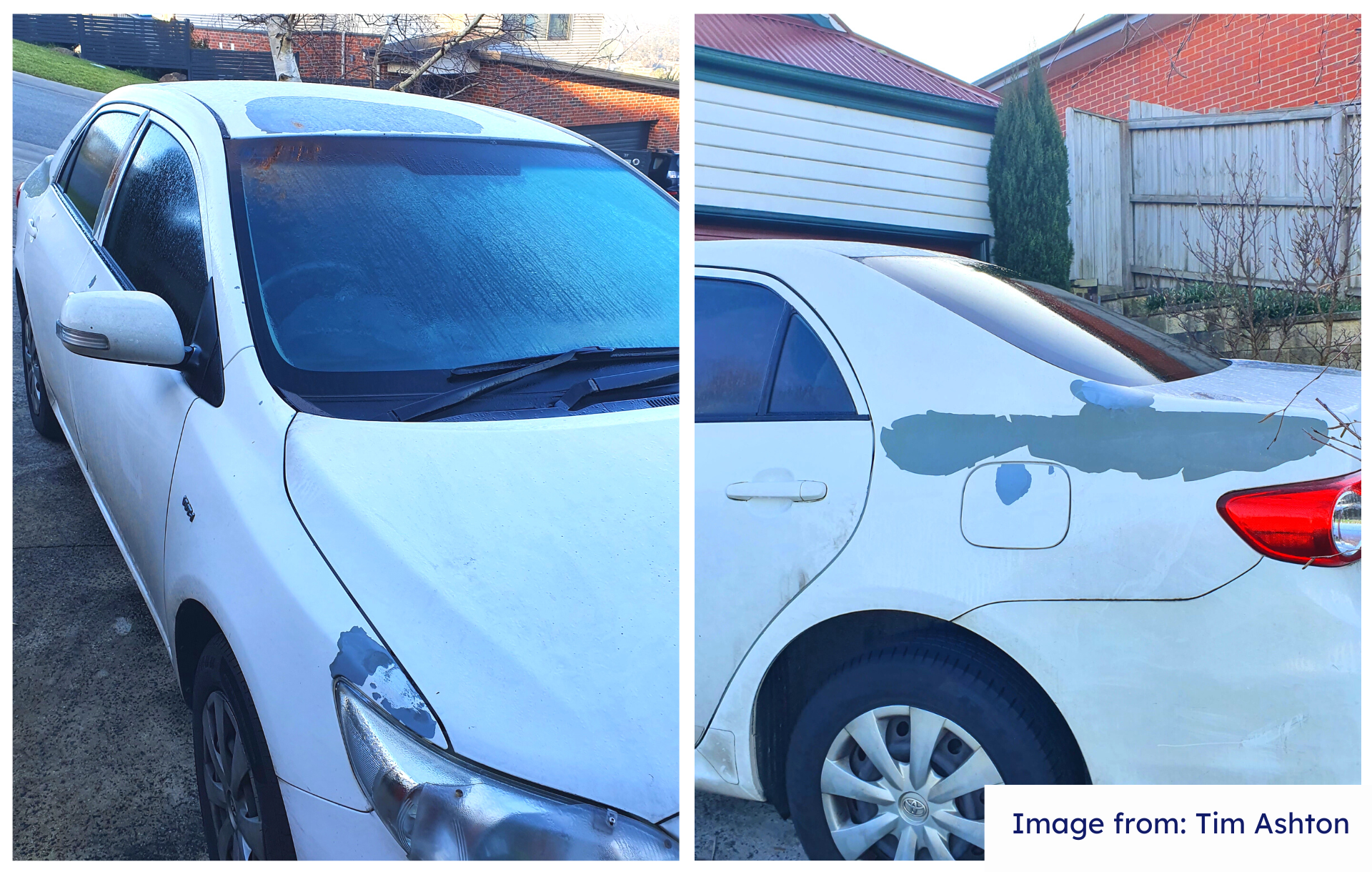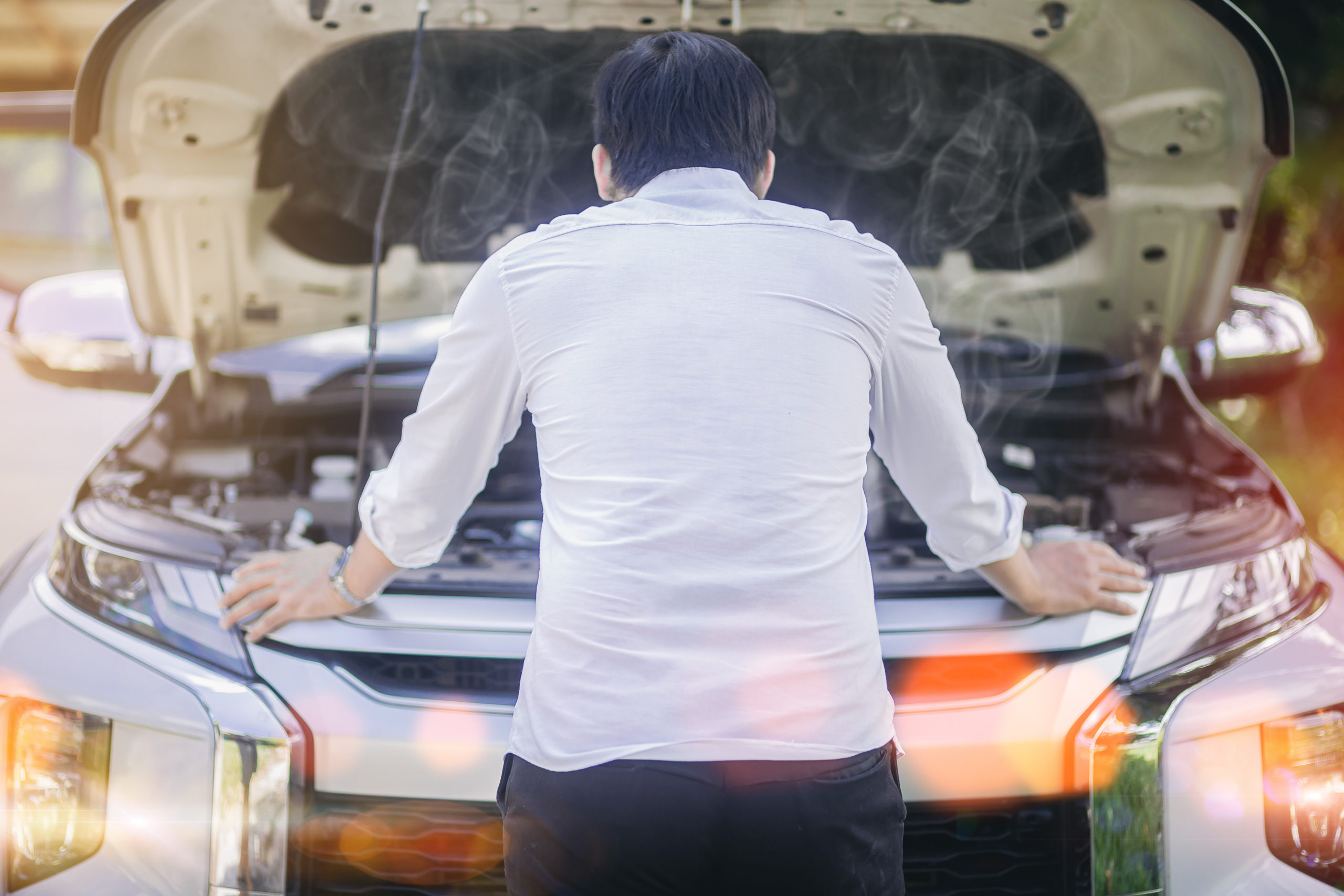Taking flight? Here’s how to deal with delays
Qantas proudly sells itself as “the spirit of Australia” but if that’s the case the spirit is not happy. According to the Australian Competition and Consumer Commission (ACCC), Qantas received the highest number of complaints of any airline in the 2022 financial year. Most grievances related to service issues, such as flight delays and long wait times to speak with customer service agents.
Hyundai and Kia face new class actions over faulty engines in Australia
Hyundai and Kia are facing two class action lawsuits in Australia over allegations that the car manufacturers sold cars with potentially faulty engines that breached Australian consumer law. The lawsuits come after a series of recalls and safety concerns in Australia over the past few years.
On 15 February 2023, law firm Johnson Winter Slattery filed lawsuits against Hyundai and Kia, claiming that vehicles sold since 2011 were fitted with defective engines that violate Australian consumer law.
Vehicle recalls: Take the driver’s seat with safety issues
When you hear your vehicle has been recalled, it’s natural to go into panic mode. However, a recall is not necessarily a bad thing - it means the manufacturer is staying on top of safety regulations.
It becomes an issue when the manufacturers don’t communicate properly with vehicle owners or conduct repairs in a timely manner.
Travel lighter with these hot tips
It’s great to be back out and about again, isn’t it? But before you step beyond the confines of your state or national borders, it pays to do some homework.
Not only will a little planning save you a lot of money, it could also save you a few headaches at your destination. After all, holidays are supposed to be relaxing, not stressful.
Apply the brakes: Top car rental traps to avoid
Are you planning to travel interstate over the summer holidays? There’s a good chance you might also want to get car rental, at least for a few days.
And while there are plenty of great deals to be had, there are some car rental traps you should know about before handing over your deposit. Otherwise, that deal that seemed too good to be true most certainly will be.
Removing road blocks to customer care
Saul Frank knows when he’s being given the run-around with customer care. And he would never do the same to his customers.
“I’ve been in business a long time and it’s just not the way you treat people,” he says.
Unlucky break: Will travel insurance protect you when you need it?
Australians are big travellers — at least we were before Covid hit. Now that we’re getting back out on the road and into the air again, should we protect our hard-earned money with travel insurance?
Some people might say that travel insurance is a waste of money. After all, what are the chances that something will actually happen to you while you’re on holiday? But the truth is, anything can happen when you’re away from home. And if something does go wrong, travel insurance can be a life saver. But is it really worth the extra expense? And how has Covid changed things?
Toyota paint peel proves power in numbers
When paint started peeling off his Toyota Corolla in great chunks, Chris McInerney thought maybe he had done something wrong.
But a little digging showed that he was far from alone. A problem with primer paint on several makes and models had even resulted in Toyota Canada extending warranties by up to 14 years.
Road danger: Hyundai owners warn of car failures while driving
Mandie Cowley was driving with her daughter on a busy regional highway in Victoria when her Hyundai started losing power.
“The only place I could pull over was on a bend and there was a lot of trucks. I was absolutely petrified that a truck was going to come up behind me and hit the car,” she said.
Michael Steele’s son, still a P-plater, was driving his Dad’s car at a similar high speed on a country highway in Queensland when it made a grinding sound.
"And it just came to a halt, nothing was working. He was very lucky to get it to the side of the road,” Michael said.
Nina Persin’s partner was driving at 100kmh on the Pacific Motorway, in south-east Queensland, roads still slippery from the floods, when his engine seized up.
“There was no warning light, nothing,” she said. “When the engine seized, the brakes stopped working, as did the steering wheel. My partner had huge difficulties steering the car away from the right-hand lane, avoiding the trucks on the road, towards the left lane.
“I don’t even want to imagine what could have happened."
Second best: Are used cars still worth your money?
If you've been shopping for a secondhand car recently, you've likely noticed they're still not cheap, especially if you want to avoid ending up with a lemon.
The pandemic caused production delays and a shortage of new cars, driving up demand for the next-best option. While prices for used cars have come down somewhat, they are still higher than pre-Covid levels.
According to the Moody’s Analytics' price index, the average used car now costs 20 percent less than its peak in May 2022 but is still 40 percent higher than pre-pandemic levels.


